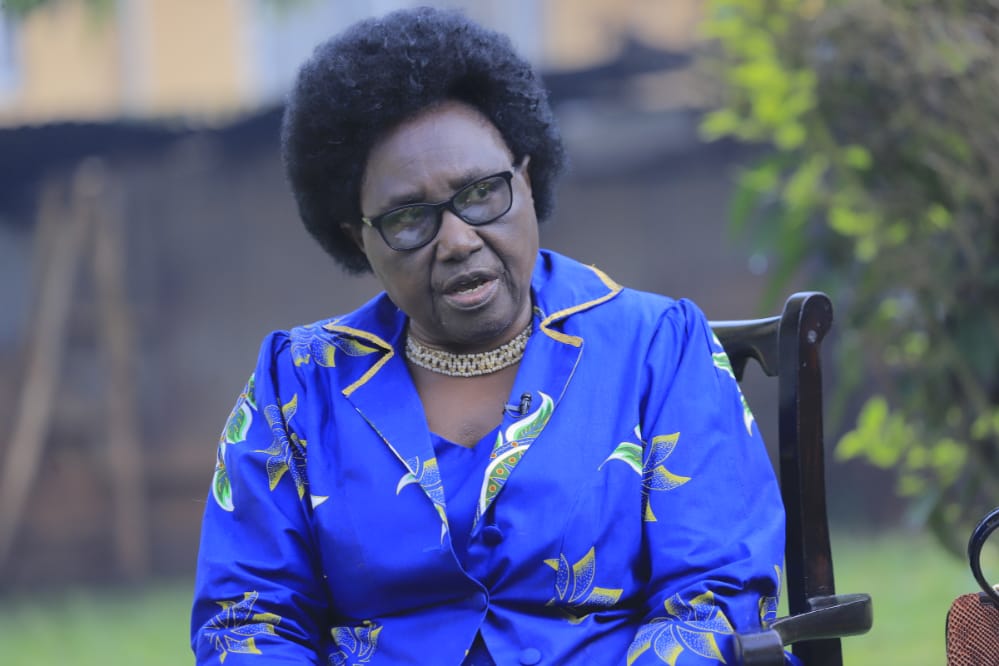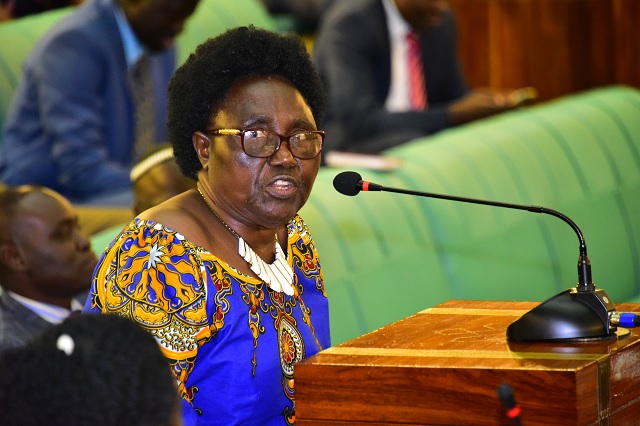Cecilia Ogwal: A Pioneering Force in Uganda’s Democracy and Women’s Empowerment.
By Culton Scovia Nakamya
When she joined politics after earning her degree in commerce from the East African University in Kenya, Cecilia Ogwal first worked at the Ugandan embassy in Nairobi for one year but later decided to return home. She later developed an interest in the political governance of the country.
In 1994, the Uganda People’s Congress recommended her for the constituency assembly, having served as the party’s secretary-general. Members of the Constituency Assembly were tasked with enacting a new constitution. In 1995, she participated in the enactment of a new constitution. Cecilia is remembered for her advocacy for women’s empowerment through the constitution. She believed that many intelligent, strong, and vibrant women could impact this country as men do if given a chance.
Indeed, Article 33 of Uganda’s 1995 Constitution is specific to the rights of women and requires that (1) the government must provide opportunities to enhance the welfare of women and enable them to reach their full potential, (2) women have rights equal to men in areas including political, economic, and social activities, among others.

Cecilia’s efforts towards the women’s movement have since paid off. There are now more women in positions of power than ever before. Of the 556 members of the 11th Parliament, women contribute 34%, with 189 female legislators.
Beyond representing her constituents, Cecilia took it upon herself to mentor female leaders to become great leaders. “I used to see Cecilia, and I was like, I just want to be like her. If only I can get an opportunity to be like her. She was everything to women. I looked forward to meeting her one day and tapping into her energy,” says Winnie Kiiza, former leader of the opposition in Uganda.
Winnie Kiiza was the first female leader of the opposition in Uganda. When she joined parliament in 2011, Cecilia was not mean to mentor her.
While Cecilia advocated for women’s emancipation, many were drawn back by family responsibilities. Those who managed to actively engage in politics ended up with broken families. Kiiza says Cecilia taught her how to stay afloat. “When I came to parliament, she’s one of those who mentored me and took me through balancing work and family. On my wedding day, she told me that while we are great people on the floor of parliament and before the public, politics remains at the gate; pick it up when going out. That was a great message,” she recalls.
Many have described her as a voice for the voiceless, an Iron Lady, an icon of democracy and politics of decorum, a woman who has served her country with courage, decency, commitment, and conviction. Dr. Sarah Bireete, the executive director of the Centre for Constitutional Governance, went to law school after inspiration from Cecilia’s virtues.
“I was in lower secondary when I started watching Cecilia. I loved her courage. Some of us are standing on her shoulders, hoping we make the best contribution, but we cannot fit her shoes. We will use her legacy to do what we can within our space,” eulogizes Sarah Bireete.
While Uganda has many female legislators and individuals in different positions of influence, not many are courageous enough to speak truth to power. Kiiza and Bireete believe there are good lessons to pick from Cecilia’s legacy by keeping themselves updated through reading a lot and seeking information for facts. “We need to know that leaders are readers. Cecilia has been reading a lot and would not speak unless she is well informed about a given topic. That’s what we need to learn from her,” says Winnie Kiiza.
At the age of 77, Cecilia Ogwal succumbed to cancer at a hospital in India. She was the female member of parliament for Dokolo district.


Leave a Reply